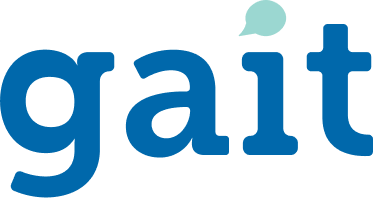• Psychologists are using research-based behavioral interventions that effectively treat children with ADHD.
Behavioral Interventions
Parent programs. These interventions focus on teaching parents strategies for helping their children succeed. One such approach is to catch children being good. “If you think about the typical child with ADHD, they’re always noticed when they’re messing up,” says Fabiano. “One of the things we try to teach adults to do is to also notice them when they’re doing the right thing and then label and comment on it so they’re getting attention for good behavior.”
Teacher programs. Like the invisible marker example, these interventions offer teachers behavioral strategies for the classroom. They include giving straightforward, one-step-at-a-time instructions to children and announcing the consequences of not paying attention ahead of time. Another effective approach is contingency management. With this strategy, children receive daily report cards that outline how well they have met such goals as speaking in turn or bringing their homework back to class. When they meet those goals, they receive awards.
Therapeutic recreational programs. In these programs, children with ADHD interact with each other at summer camps and similar venues. The programs offer crafts, sports and traditional camp activities in addition to behavioral interventions. In contrast to the usual ADHD treatment, these interventions last all day long for several weeks at a time. Programming typically includes brief social skills training sessions plus coached group play incorporating contingency management strategies. In addition to learning social skills, participants also learn sports and team membership skills.
Lifestyle Changes
Exercise: In a study published last year in the Journal of Pediatrics, Pontifex and his co-authors had 40 elementary school-age children — half with ADHD — spend 20 minutes striding on a treadmill or quietly reading. Whether they had ADHD or not, the children performed better on math and reading comprehension tests after exercising. The exercisers with
ADHD were better able to slow down and avoid repeat mistakes while playing a computer game.
Sleep: Sleep may be another no-cost intervention, says psychologist Reut Gruber, PhD, an assistant professor of psychiatry and director of the Attention, Behavior, and Sleep Lab at McGill University. Her research with typically developing children without ADHD suggests that even just a half-hour of extra sleep can keep kids from being restless at school and improve their behavior. Conversely, cutting back on sleep can result in tears, tantrums and frustration.
Article:
Clay, R. (2013). Easing ADHD Without Meds. Vol. 44. No. 2. Pg. 44. American Psychological Association.


Recent Comments